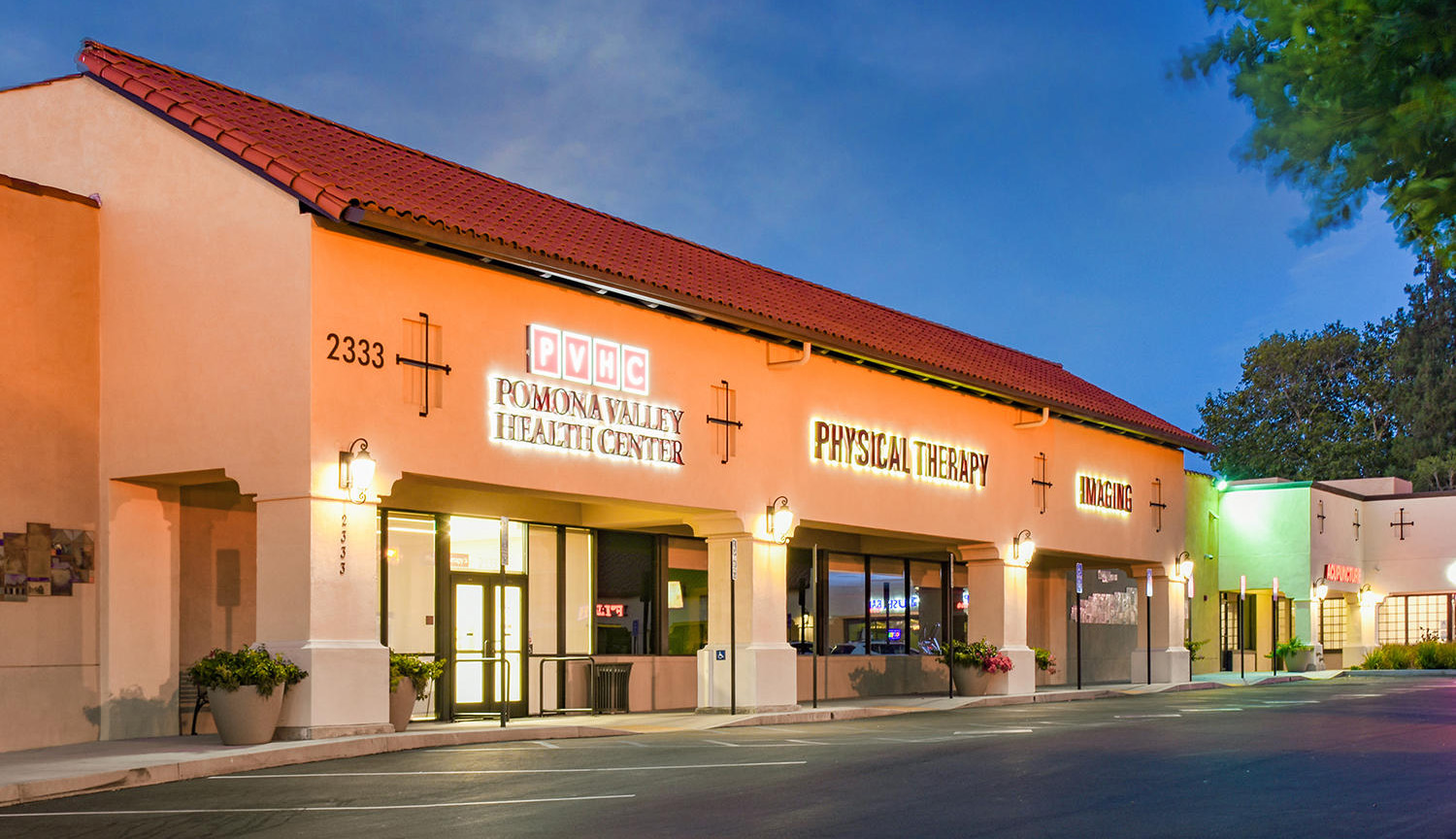COVID-19 is a unique type of stressor. We have to navigate volumes of information and misinformation. Activities that were once outlets of relief are now closed or limited, like beaches, churches, and gyms. We have lost financial opportunities and many are dealing with the loss of jobs. There’s a prolonged sense of inevitable difficulty, and an uncertainty as to when the stresses of coronavirus will “end.” With all of this, we’re susceptible to anxiety, panic, and depression.
In the current state of things, we are never sure if we are being overcautious or not cautious enough. In this type of climate, we have to give careful consideration to our “personal energy account.”
We tend to think of our ability to complete tasks as dependent on our current “strength”, as if we operate on a battery. In reality, we are more like a debit card account with a very deep overdraft. We often function out of necessity when we are tired, exhausted, or overwhelmed. Operating in this way for a sustained period of time comes at great physical and emotional costs.
In our relationships, the general rule of thumb is that for every negative interaction, you need to have five positive ones to maintain a stable partnership. In times of prolonged crisis, we should apply the same rule to caring for ourselves as we do for our partnerships. We need more positive actions to balance out the negatives.
Here are five tips to managing COVID-19 stress from Dr. Dan Blocker, PhD, LMFT, Director of Behavioral Health & Associate Program Director at the PVHMC Family Medicine Residency Program.
1. Budget Your Energy
It’s helpful to assign a Personal Energy Budget to your task list. First, identify what you have to do each day and assign how much energy it will require, do the same with what you would like to do, and then list out what you cannot do each day. Sometimes, the items on your “have-to-dos” will take all of your energy, and that’s okay. The amount of energy you have will vary by day. It’s important to be intentional. If others try to add things (and someone inevitably will), kindly let them know that you just cannot do that today.
2. Emphasize High-Yield Recharge Activities
Just like there are foods full of empty calories, there are activities that offer little in means of substantial recharge. Some activities may even take away opportunities to pursue things that are more beneficial. These are usually distraction-based activities like binge-watching TV, playing video games, or browsing social media on your phone.
It’s okay to include these activities in moderation, but preference should be given to things that help you feel accomplished such as exercise (e.g., a 15-minute walk outside), reading, reaching out to a friend, or baking treats for a loved one.
3. Focus On What You Can Control
There is power in accepting reality as it is. There’s a lot happening that we have very little influence over. This can be a difficult thing to accept. Instead of focusing on what you cannot control, focus on what you can: “I can wear a mask.” “I can keep washing my hands.” “I can be active in ways that are still safe.” By focusing on what you can control, you avoid the feelings of helplessness that can be crippling.
4. Prepare For What You Cannot
Identify what you need to have in place to feel more comfortable. Are you worried about financial turmoil? Set a little money aside each paycheck. Are you worried about school for your children? Identify resources or ways to address their schooling so you have something to rely on. The reality is that there will rarely be a perfect solution for the concerns you have. The power here is feeling prepared for the things that make you anxious. You can rely on the comfort you feel from your preparation efforts to calm your anxieties.
5. Essentials Are Essential For A Reason
It’s important to focus on the essentials like getting enough sleep, eating nutritious foods, moving throughout the day, wearing a mask, and washing your hands. While the duration of this crisis may feel like a lifetime, it will end. You want to take good care of yourself now, so you don’t get ill or come out of the pandemic in poor shape. This includes scheduling regular appointments with your primary care physician. The care providers at the Pomona Valley Health Centers have made important accommodations to our traditional patient care by offering telephone, video, and when appropriate, in-person visits.
For your overall mental health, it’s important to increase activities that can help you manage stress, especially during the COVID-19 pandemic. If you have concerns about your mental health or the mental health of someone close to you, the CDC has compiled a list of resources available.




